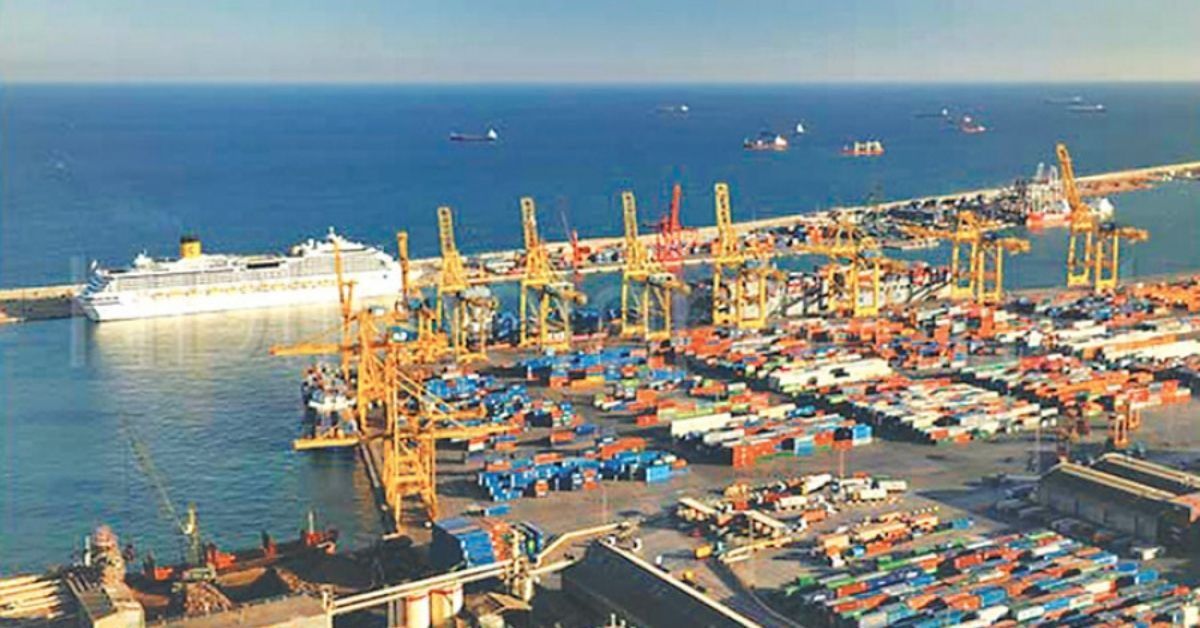Source: Business Line
The Port Authority has set a cargo traffic target of 90 million tonnes (mt) for the financial year 2024-25.
VPA chairman M. Angamuthu said that petroleum, oil and lubricants and crude volumes were up by 27%, iron ore by 12%, fertilizer by 6%, handling of many baby cape vessels up to 43 metres beam, and 35% growth in the number of vessels handled at the port, were some of the reasons behind the achievement.
The Visakha Container Terminal (VCT) reported a 28% increase in box volumes to reach 6.65 lakh TEUs (ten equivalent units), 68% improvement in pre-berthing detention and 8% improvement in idle time at berth are some other reasons.
VPA registered month-wise highest tonnage cargo handling in the months of May, June, October 2023 and January 2024.
Some of the records it achieved in the fiscal included the handling of 4,03,978 million tonnes in 24 hours on January 19. The port also signed 19 MoUs during the Global Maritime India Summit (GMIS) 2023 that happened in the present fiscal.
In line with the FY2024-25 target, VPA prepared an action plan with strategic initiatives to be taken, investments to be made in infrastructure and technology and enhanced collaboration with stakeholders.
On the key components of the strategy, Angamuthu said incremental cargo especially, container, agriculture, marine and aqua cargo will be focus areas for VPA.
“We intend to bring more coastal ships and cargo from the hinterland to elsewhere in the country. Sustainable development and green port initiatives will be factored to handle more cargoes in the coming years,’‘ the VPA Chairperson said.
“The likely investment in infrastructure upgrade and other capacity building projects over next two years will be around ₹2,000 crore,’‘ he added.
The authority is also assessing current capacity to handle cargo and identifying bottlenecks in port operations as part of the measures to achieve 90 mt target.
Investments will be made in infrastructure upgrades such as expanding berths, improving cargo handling equipment and enhancing storage facilities to accommodate the increased traffic, Angamuthu said.
The action plan also envisages operational efficiency improvements to Implement advanced technology solutions like automation in cargo handling and operations to increase throughput efficiency. It also deals with optimisation of logistics and hinterland connectivity by improving rail and road access to the port, facilitating quicker and more efficient cargo movement.
“We will expand the cargo base by diversifying into new types of cargo that the port can handle, such as liquid bulk, dry bulk, containers and break-bulk cargoes. Development of specialised terminals or zones for handling specific types of cargo, such as a dedicated container terminal or a cold storage zone for perishable goods is also on the cards.’‘ the official said.







